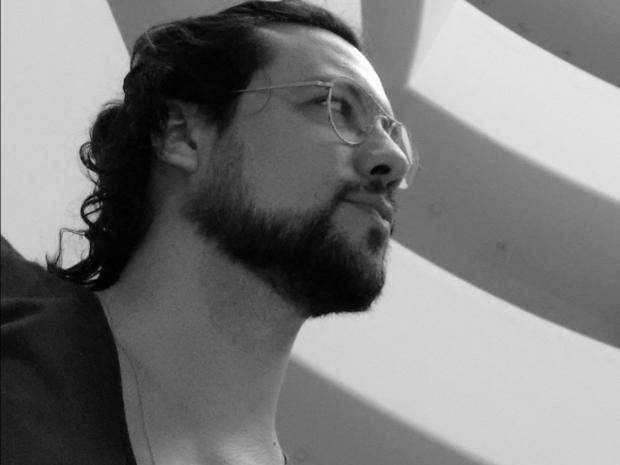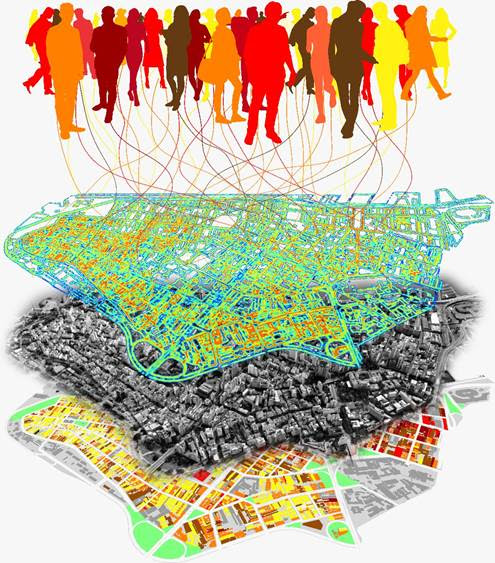
Join us this Friday for our next research seminar with Vinicius Netto, Visiting Scholar at NYU CUSP.
The event is open to the public. Pizza will be served!
Abstract
From physics to the social sciences, information is now seen as a fundamental component of reality. One form of information seems underestimated, however, perhaps precisely because it is so pervasive that we take it for granted: the information encoded in the very environment we live in. We do not fully understand how information takes the form of cities, and how our minds deal with it to learn about the world, make daily decisions, and take part in the complex systems we create as we live together. Bridging information theory, cognitive science, urban studies and social systems theory, we will discuss a three-layered model of information in cities, namely in physical space, semantic space, and the information enacted by people. We will see forms of estimating information in these layers, apply them to emblematic cases and see how aspects of environmental information affect cooperation in simulated interaction systems.

Bio
Vini Netto is a Visiting Scholar at the Center for Urban Science + Progress, NYU. He holds a Ph.D. in Advanced Architectural Studies from The Bartlett School, University College London (UCL), an MPhil in urban planning, along with postdoctoral research in urban performance, and a position as Associate Professor at Fluminense Federal University (UFF), Rio de Janeiro state. His research is about cities as networks of information, interaction and segregation. Vini is the author of The Social Fabric of Cities (Routledge, 2017), and more than 90 articles in journals, conference proceedings and books. He also is the Editor for Latin America of Area Development and Policy (ADP, Regional Studies Association, UK), guest editor for Entropy and The Journal of Space Syntax, and a reviewer for journals such as Environment and Planning B Urban Analytics and City Science (EPB), International Journal of Urban and Regional Research (IJURR), and Cities. His current research on cities as systems of information has been featured on the cover of Entropy.

